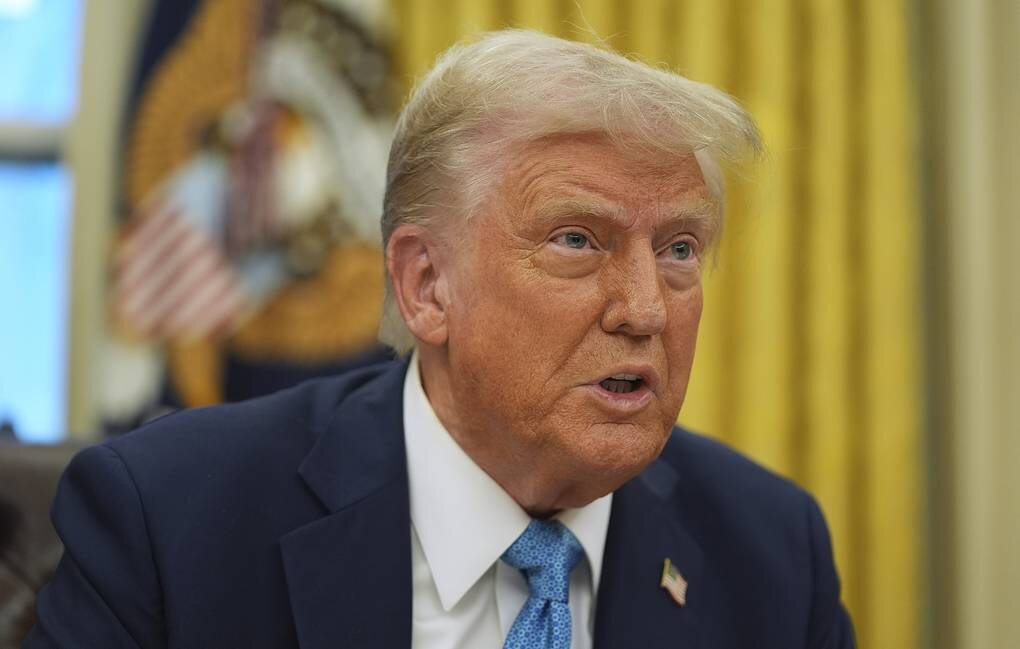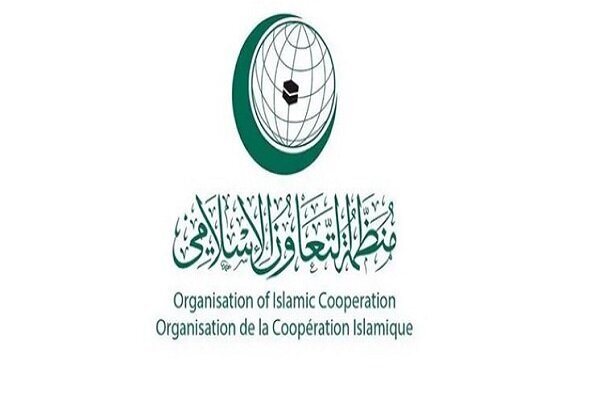Trump Revokes Security Clearances of Blinken and Sullivan: A Bold Move in National Security
In a significant political maneuver, the current administration has taken steps to revoke security clearances for several key figures, including former President Joe Biden. This decision has sparked considerable discussion regarding its implications and motivations. According to a report by Reuters, these actions were taken just a day after President Trump made statements about Biden’s security clearance being revoked, effectively halting his access to vital daily intelligence briefings.
In addition to Biden, security clearances have also been stripped from a number of prominent officials, including:
- Lisa Monaco, Deputy Attorney General
- Letitia James, New York Attorney General
- Alvin Bragg, Manhattan District Attorney
Each of these individuals has played a role in various legal proceedings against Trump, which raises questions about the motivations behind these revocations. On February 7, President Trump made headlines by stating, “Joe, you’re fired,” as he officially revoked Biden’s security clearances. This statement underscores the ongoing tensions and political rivalry that continue to shape the landscape of American politics.
The implications of revoking security clearances are profound. Security clearances are crucial for accessing sensitive information, and their revocation can significantly impact the ability of former officials to engage in national security discussions or provide advice based on their past experiences. Here are some key points to consider:
- Impact on National Security: Revoking these clearances may hinder former officials’ ability to contribute to discussions on national security, potentially limiting the flow of information.
- Political Consequences: This move could set a precedent for future administrations, where the stripping of clearances becomes a tool for political retribution.
- Legal Ramifications: The actions against officials who have led legal cases against Trump could raise ethical and legal questions regarding the use of power.
Many analysts believe that this decision is part of a broader strategy by Trump to consolidate power and undermine critics. The revocations appear to be a direct response to the ongoing legal challenges he faces, which some view as an attempt to silence those who oppose him.
Former officials who have had their clearances revoked have expressed their concerns over these actions. They argue that such moves are not only politically motivated but also detrimental to the integrity of the intelligence community. The ability to share insights and collaborate with experienced officials is essential for effective governance and national security.
Moreover, the timing of these revocations raises additional questions. Given the recent political climate and the ongoing investigations into Trump’s activities, many view this as a strategic move designed to distract from pressing legal issues. By focusing public attention on the revocation of clearances, Trump may be attempting to shift the narrative away from his legal troubles.
As this political drama unfolds, it is essential for citizens to remain informed about the implications of such actions on governance and national security. The revocation of security clearances is not just a routine administrative decision; it reflects deeper issues within the political system and raises concerns about the balance of power.
In conclusion, the revocation of security clearances for Joe Biden and other high-profile officials marks a significant chapter in the ongoing saga of American politics. As the situation develops, it will be crucial to monitor how these actions affect national security discourse and political dynamics in the United States.
For those interested in the evolving political landscape, staying updated on the implications of such decisions is vital. The intersection of politics and national security continues to be a critical area of concern, and understanding these developments will help citizens navigate the complexities of the current administration’s actions.






